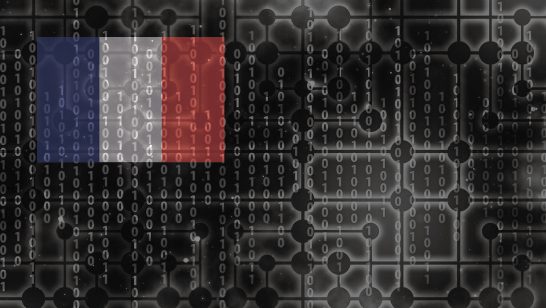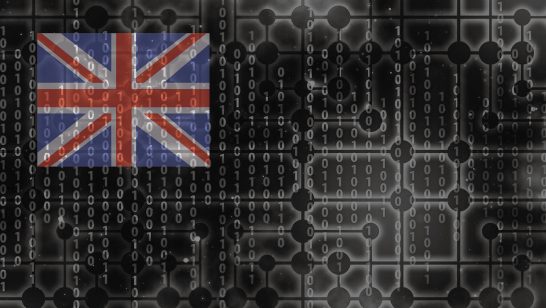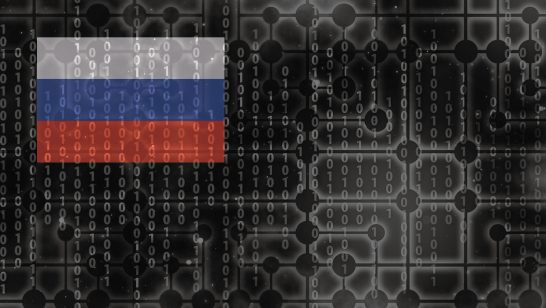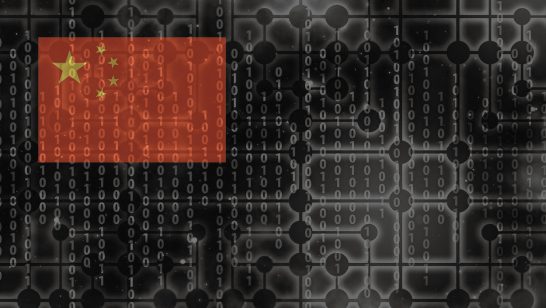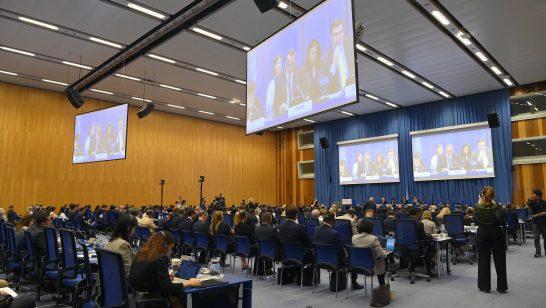
Pragmatic steps forward: How to protect the Non-Proliferation Treaty (NPT) and get the review cycle on the right track
To prevent a further erosion of the effectiveness and efficiency of the current review cycle of the NPT, there is an urgent need for action. Michael Biontino looks at what pragmatic proposals could be taken up from the 2023 PrepCom Chair’s recommendations and the working paper from the Chair of the working group on further strengthening the review process of the NPT.



